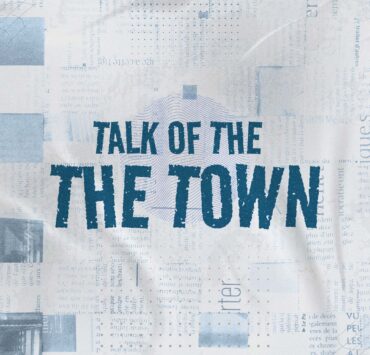The battle for post-election narrative

The votes are in—well, mostly. At the local level, numerous proclamations have been made. The rankings among senatorial candidates are settling, with the top candidates already celebrating. Contrary to the sense of helplessness I wrote last week, the outcome has so far been more exciting than expected. Longtime incumbents, like Cynthia Villar in Las Piñas and Gwen Garcia in Cebu, were unseated by their opponents. It was generally a poor season for celebrity candidates, especially for first-timers. It was a redemptive story arc for the liberal opposition with Bam Aquino and Kiko Pangilinan entering the Top 5 for the Senate and Chel Diokno and Leila de Lima returning to politics through their party list. It was also the comeback of former presidential candidate and former vice president Leni Robredo, who made history as the first woman to be mayor of Naga City.
There is a flurry of post-election activity. It is quite amusing to observe supporters from all sides gloating about their manoks’ wins. Yes, all sides, since each political faction secured a few seats for themselves. Some are simply happy to have representation in the legislature. Others, however, experienced voting remorse as the fight for the bottom spots got more intense and the fear of the “greater evil” candidates winning made some wish they had been more strategic with their votes.
After the battle for votes, comes the battle for narrative. Already, we see camps claiming not just their victories but those of others as well. While the dominant duel was between Marcos and Duterte, with their metaphorical guns pointing at each other, an upset was pulled off by Aquino and Pangilinan, resurrecting a genuine opposition in the Senate. Supporters of the former UniTeam are dismissive, claiming that it is only because they did not pay much attention to the “Dilawan/Kakampink” and that they can render them powerless at any time. Religious groups demonstrated their voting force, especially with the Iglesia ni Cristo helping seven out of eight endorsees toward a win.
Whether camps truly caused a win or were simply strategic in choosing winnable candidates, the public perception of voting power is power in and of itself. If candidates think you are powerful, they will bend to your will. Since another election is always just a few years away, they will work hard to remain in your good graces. This is why you see various factions claim as much credit as they can. The Duterte camp was resolute in showing that they are still the kingmakers—a portent of what’s to come in the next presidential race. There is a good reason that the Marcoses needed their alliance back in 2022, after all. Camille Villar and Imee Marcos switched allegiance and obtained Sara Duterte’s endorsement to apparent success.
Another emerging narrative is the Return of the Jedi-esque comeback of the Robredo camp. If they are able to offer themselves as the true alternative to dynastic politics, they may be able to activate the silent majority, many of whom feel alienated by the electoral process. They must continue to control the narrative that theirs is the faction of hope and positive change rather than being boxed in as simply reactionary to the Marcoses and the Dutertes. In fact, it seems that the candidates who remained independent and focused on issues other than the Big Feud fared relatively well. They must take care to remain consistent with the ideals they presented and avoid alienating their natural allies—the oppressed and marginalized groups. They must not alienate the poor and uneducated because of self-righteousness. Do not further alienate the alienated by admonishing them to vote for the “greater good,” as in the case of Heidi Mendoza and the LGBTQ+ community, or by shaming some voters as “bobotantes.” The solution to alienation is integration. Instead of merely convincing others of your story, you should want others to resonate and think that it is their story that you are telling. True political success does not come from effective persuasion but from effective connection.
The prevailing narrative, once the election haze is over, sets the tone. This tone will determine who will be considered the heroes and villains in our national story arc. Will this be a David-and-Goliath trope? Will this be a dramatic family teleserye with the nation getting easily distracted by entertaining twists and sound bites? It is not just politicians who can influence this discourse; they are rendered powerful because of us—voters and constituents. What everyone does to maintain or subvert the dominant narrative will determine how the story ends.
—————
aatuazon@up.edu.ph


















